What triggers you?
Someone cutting the line in front of you?
Your significant other not responding to a request for something that’s meaningful to you?
Someone failing to recognize your valuable work?
What I’m asking here is, what are the things that really tick you off and get you feeling big feelings of anger, pain, resentment or victimization?
When you feel these feelings… do you make the other person responsible for how you’re feeling or do you take responsibility for the fact that you have a trigger?
Last week I received a long email from a dear friend. She was triggered by me and feels offended by something I said. She sent me a long list of arguments, pointing out the evidence for why she’s right to be offended with me. Needless to say, her email triggered me and got me feeling ALL SORTS of feelings.
My immediate response was to write her and say, “I’m very sorry I hurt your feelings. I was only trying to express my own.”
I also told her that I needed to process what she had written. The intensity of all the hurt and anger I was feeling really threw me off.
But here’s the thing…
She triggered me. Big time. If I were to engage with her in this conversation, with my triggered feelings and her triggered feelings, we would get nowhere.
This is what happens in most people’s arguments. They engage in a blame-fest for hurt feelings. “You made me feel this way.”
Nobody makes you feel any way.
The way you feel is a product of your beliefs and your past experiences.
My friend pushed a button in me. Instead of engaging, after I shed a few (OK... many) tears, I welcomed the opportunity to see where this button comes from, so I can heal the deeper story.
Your buttons were likewise installed a LONG time before your spouse or friends came around to push them. Don’t blame them for your feelings. Welcome the opportunity to heal the story that lies deeper than the current event.
Blaming others for your feelings accomplishes two things: (1) it prevents you from deep healing because you shift responsibility to the person pushing the button rather than taking responsibility to heal, and (2) it keeps your buttons intact and in place to be pushed again.
When we take this approach, “conflict resolution” becomes a bargaining for how we’re not going to trigger each other in the future. We try to educate each other around how not to push our buttons.
Don’t do this
Don’t say that
I need you to be this way
I need you to change for me
We do this over and over, until we’re either completely stifled in the relationship, or exhausted from the conversation around our buttons and decide to call the relationship off.
A better way?
Don’t blame the other person for being triggered. The first step is to look at what is the core wound that put this button in place.
A good question to ask yourself is: when was the first time I felt the way I’m feeling right now?
Or, what does this remind me of?
A FAR more productive and healing conversation will be to share with each other what is the original event or story where these feelings were fired up.
For example…
“What just happened reminds me of the time in 3rd grade when my friend lied and took all the credit for my work…”
“What you said triggered in me feelings like the ones I felt when I was little and needed to get my dad’s approval…”
When you take the conversation out of the context of the current events and into the possible origin for why you feel the way you feel, then there will be an automatic opening of compassion for both people. There will be insights for both and the possibility for even deeper resolution than the old bargaining would’ve accomplished.
So what happened with me and my friend?
I took some time to do some deep work on myself around healing the old stories she triggered. I am in a much better place to possibly have a healing conversation with her, if she wants it.
I don’t need to make her wrong; nor am I willing to be made wrong. She sees things the way her old stories and wounds have shaped them for her. I see things the way mine shaped them for me.

